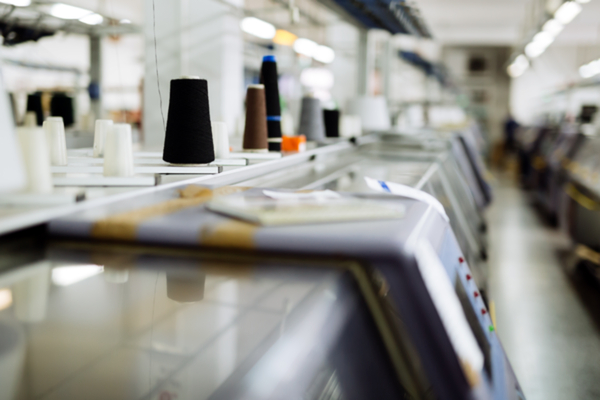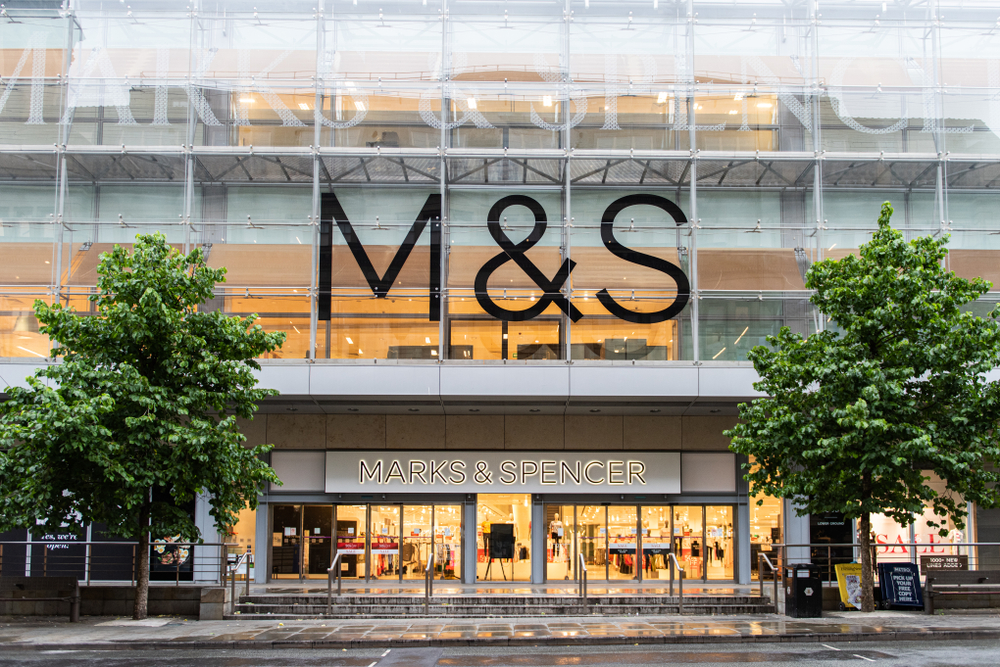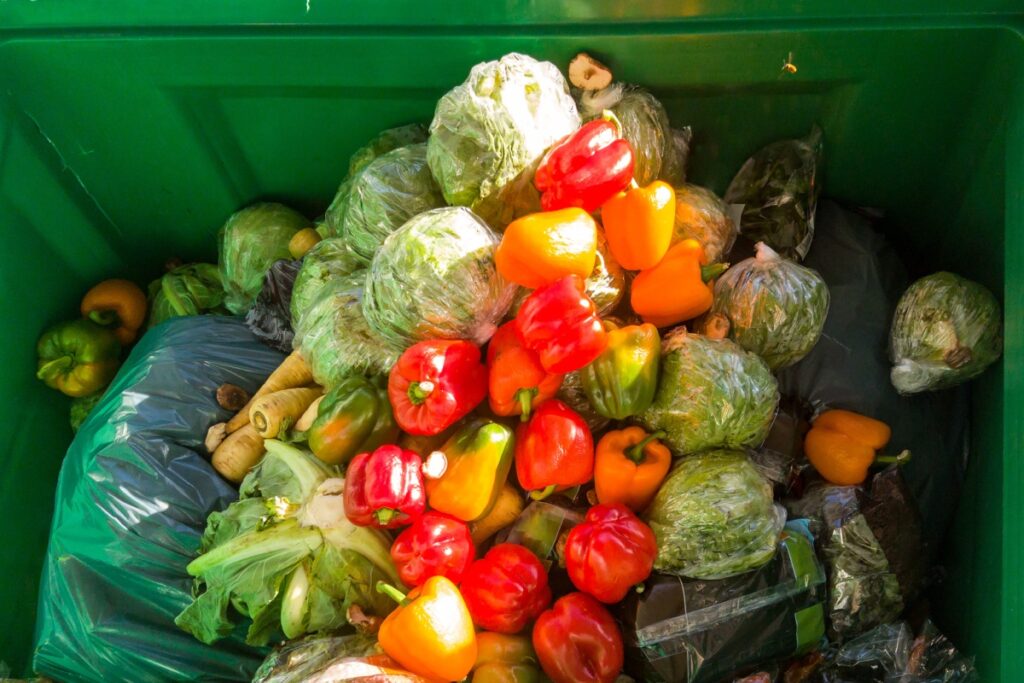// Environmental Audit Committee to revisit 2018 inquiry into sustainability of the fashion retail industry
// It will revisit the issue to monitor progress after increased concerns over the environmental impact of fashion retail
The Environmental Audit Committee (EAC) has proposed plans to follow up on its 2018 inquiry into sustainability of the fashion retail industry.
The EAC will go over the issue to monitor progress after increased concerns over the environmental impact of fashion retail, as well as the working conditions in UK garment factories.
Earlier this year, garment factories in Leicester were embroiled in controversy after Boohoo Group was found to be paying its workers less than the national minimum wage.
READ MORE: Is sustainability killing off fast fashion for good?
An independent report into the group’s Leicester supply chain found it has been “inadequate for many years” at monitoring conditions.
“The Covid-19 pandemic has shone a light on garment factories in Leicester,” EAC said.
“Reports of poor working conditions suggests there has been little improvement since the committee’s report, which recommended regular audits and for companies to engage with unions for their workers.”
EAC’s recommendations were formed from the ‘Fixing fashion: clothing consumption and sustainability’ report, most of which were rejected by the government.
They included a producer responsibility charge to pay for better clothing collection and recycling, and due diligence checks across fashion supply chains to root out forced or child labour.
Now, the EAC’s efforts will include a focus on the impact of the Covid-19 pandemic on fashion waste and the relationship between retailers and suppliers.
“Two years, four fashion seasons and billions of tonnes of harmful emissions from textile production later, my committee has decided to revisit its fashion sustainability work,” EAC chairman Philip Dunne said.
“The fashion industry has a major environmental footprint – from the extraordinary amount of water to create cotton and polyester, to the sheer scale of waste with many items being worn once and thrown away. Our thirst for the latest trends is simply unsustainable.
“But, as we found two years ago, this inquiry goes beyond the harmful impact to the environment. Accusations of labour market exploitation in the UK remain, with poor working conditions and illegally low wages.
“Two years on, I hope there have been some improvements in the fashion industry. We will be unearthing whether this is the case, and what more needs to be done to secure our goal of net-zero carbon emissions by 2050.”
Click here to sign up to Retail Gazette‘s free daily email newsletter


















